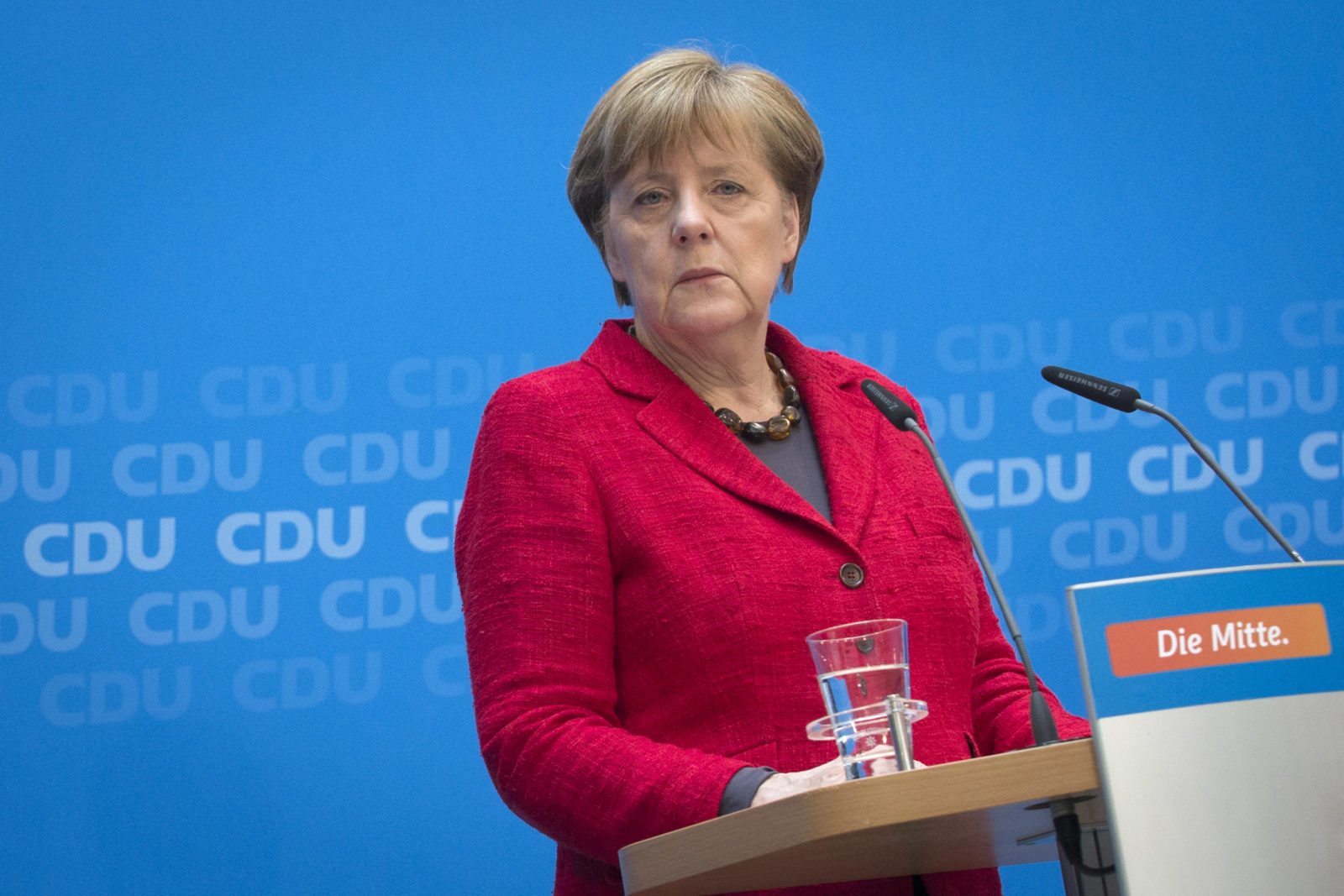Germany’s upper house gives green light to equal marriage

Germany’s equal marriage bill will head to the desk of the country’s President, after clearing the upper house.
Equal marriage passed through the lower house in the German Parliament last week, after Chancellor Angela Merkel caved in to demands from opposition parties.
The country’s right-wing Chancellor, who has blocked equal marriage for more than a decade, reversed her long-standing policy to allowed her own MPs to vote with their conscience on the issue.
Though Merkel still cast her own vote against the law, it gathered enough support to pass through the Bundestag (lower house) by a vote of 393-296.

Today, the legislation also cleared the Bundesrat (upper house).
Unlike the Bundestag, where Chancellor Merkel’s Grand Coalition holds control, the Bundesrat is controlled by the 16 state governments, with a left-wing majority.
The law effectively passed through the house unanimously, as no state challenged the bill and no vote was called
The Bundesrat has passed several motions on same-sex marriage before, leading to much of the political pressure on Merkel in the lower house that sparked her climbdown.
A coalition of the Social Democrats, the Greens and the Left previously submitted a bill to the Bundesrat that would recognise marriages between same-sex couples, which was the basis for the legislation in the Bundestag.
The law will now head to the desk of the country’s President, Frank-Walter Steinmeier.
However, it could still face a legal challenge, with some diehard anti-LGBT campaigners insisting that same-sex marriage would require a change to the constitution.
Some right-wingers within the CDU/CSU have backed a legal challenge, along with members of the far-right Alternative für Deutschland.
The sudden shift on the issue has hailed as a win for equality campaigners, who have long attacked the lack of progress in the country on the issue.
However, it also represents a clear political gamble on the part of Chancellor Merkel ahead of September’s federal elections.
Potential coalition partners had underlined equal marriage as a condition of helping to keep Merkel’s right-wing Christian Democrats in power after September’s federal election.
One by one, the Greens, the Left Party, and – most significantly – the centre-left junior partner in Merkel’s grand coalition, the Social Democratic Party – have made their positions clear.
The SPD had insisted that any future government would have to bring in equal marriage within 100 days as a condition for their participation.
By getting out ahead of the issue, Merkel has avoided some grief down the road, and has ensured her party gets some of the credit.
However, she also risked stirring trouble among some of her own right-wing supporters.
Merkel previously credited her partial evolution on LGBT issues to a lesbian couple, who convinced her to stop blocking progress on LGBT rights.
She recalled: “I had a life-changing experience in my home constituency.”
The leader told the audience that she had been invited to dinner with a lesbian couple who were looking after eight foster children.
The Chancellor saw that the children were well cared for, and realised that her beliefs were unfounded.
She said: “If the youth welfare service entrusts a lesbian couple with eight foster children, then the state could no longer use child welfare as an argument against adoptions.”
The move follows decisions to open the country’s borders to those fleeing the gay purge in Chechnya and annul the convictions of 50,000 men sentenced for homosexuality under a Nazi-era law.

